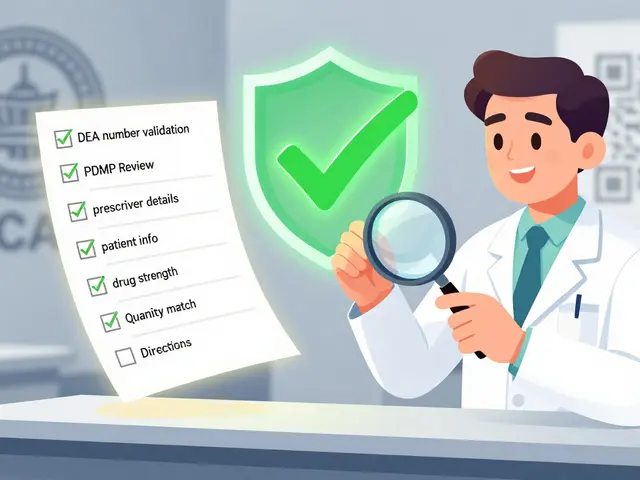Infertility treatments: clear options, realistic success rates, and what to ask
About 1 in 6 couples will face infertility at some point. That makes this topic personal, practical, and urgent. You're probably wondering what actually works, how much it costs, and how to avoid wasted time and money. Below I break down the treatments you’ll see most often, who they help, and smart questions to bring to your first clinic visit.
Common treatment options
Fertility medications: These are often the first step. Oral drugs like clomiphene or letrozole help stimulate ovulation. Injectables (gonadotropins) push the ovaries harder and are used when oral meds don’t work. Meds are low to moderate cost but need monitoring with ultrasound and hormone tests.
IUI (intrauterine insemination): Sperm are washed and placed directly into the uterus around ovulation. IUI is less invasive and cheaper than IVF, often used for mild male-factor infertility, unexplained infertility, or when using donor sperm. Success depends on age and sperm quality; multiple cycles may be needed.
IVF and ICSI: In vitro fertilization (IVF) is the go-to for blocked tubes, severe male-factor issues, or when other treatments fail. ICSI (injecting a single sperm into an egg) is a common add-on for poor sperm. IVF gives the highest per-cycle success, but success varies—commonly 20–40% per cycle depending on age and clinic quality.
Surgery and other options: Laparoscopy can fix endometriosis or remove fibroids; varicocele repair can improve sperm quality. Donor eggs, donor sperm, and surrogacy are options when the biological route isn’t possible or safe.
How to pick a clinic and manage costs
Check outcomes that matter: ask for clinic live-birth rates by age, not just pregnancy rates. Verify accreditation and ask how they count cycles. Avoid clinics that push many expensive add-ons without clear evidence (ask for hard data). Ask about embryo freezing, genetic testing, and their success with transfers using frozen embryos.
Costs vary: IUI is relatively inexpensive; expect modest clinic and lab fees. IVF is a major expense—many places list per-cycle costs and medication estimates. Look into insurance coverage, employer benefits, grants, or shared-risk/discount programs. Pharmacy coupons and shopping around for meds can cut bills dramatically.
Practical tips: stop smoking, optimize BMI, treat obvious thyroid or prolactin issues, and get both partners tested early. Time matters—age is the biggest factor for egg-based success. If you’re over 35, consider consulting a specialist sooner rather than later.
Quick checklist for your clinic visit: ask about live-birth rates by age, cancellation and refund policies, lab qualifications, cost breakdown (including meds), and legal issues for donors/surrogates. Bring your previous test results if you have them.
If you want, I can help you draft questions for a clinic or explain specific treatments in more detail. Tell me your situation and I’ll focus the advice.





